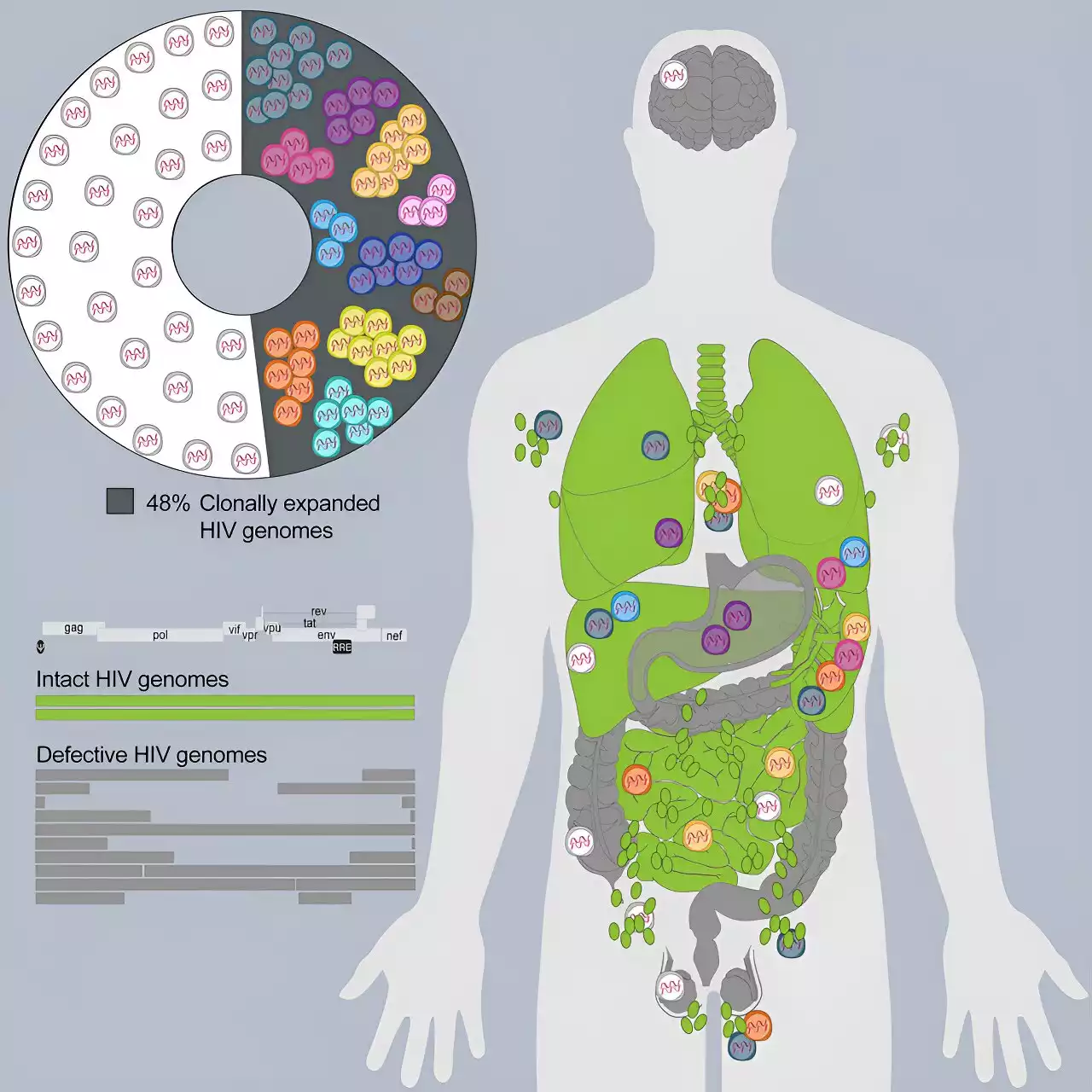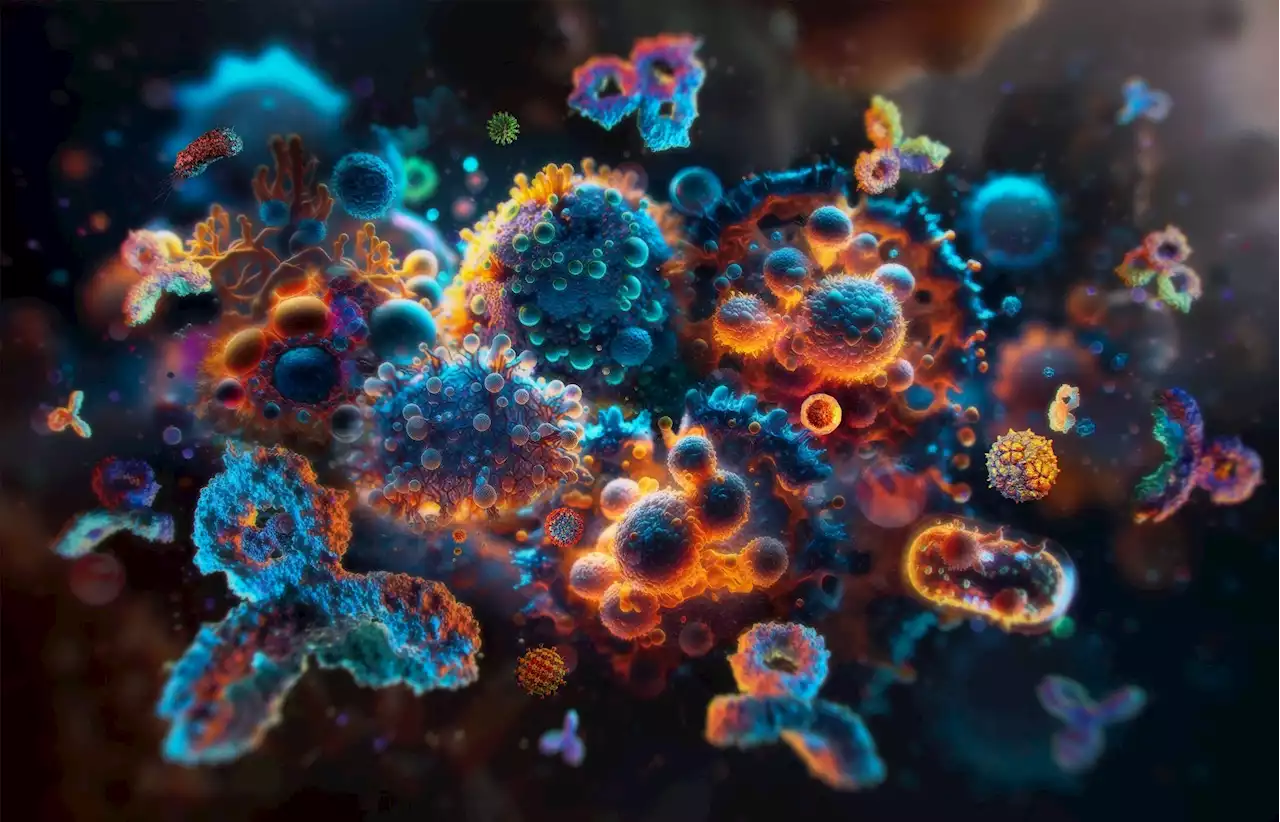Researchers examined the workplace masking experiences of neurotypical, autistic, and neurodivergent non-autistic adults.
By Pooja Toshniwal PahariaSep 11 2023Reviewed by Sophia Coveney In a recent study published in PLoS ONE, researchers examined the workplace masking experiences of neurotypical, autistic, and neurodivergent non-autistic adults.
About the study In the present cross-sectional study, researchers explored the motivations, core experiences, consequences, and contextual differences of workplace masking compared to other social contexts. Respondents received inquiries on workplace masking, accompanied by open questions about anticipated motivations for masking and the benefits and drawbacks of masking at work.
In total, 581 individuals participated in the survey and were classified according to their diagnoses as 300 autistic individuals, 109 neurodivergent individuals, and 172 neurotypical individuals with no psychiatric or neurodevelopmental conditions. Neurotypical individuals had a significantly higher power to earn than the other two groups, and non-neurodivergent individuals had a higher power to earn than autistic individuals. Employment status satisfaction was satisfied by 45% of autistic, 54% of neurodivergent, and 85% of neurotypical individuals, respectively. Most autistic participants suffered from co-occurring conditions such as anxiety, unique sensory processing, and ADHD.
Two key motivators for masking in workplaces were identified: fitting in and making social connections with colleagues and the urge to gain and sustain fruitful and meaningful employment. Masking was viewed as an adaptive reaction to a variety of job issues, and it was utilized to protect against the risk of bad social and career consequences.
United Kingdom Latest News, United Kingdom Headlines
Similar News:You can also read news stories similar to this one that we have collected from other news sources.
 Researchers find genetically intact HIV virus prefers to 'hide' in organs of the immune systemA small number of HIV-infected cells remain in the tissues of people living with the virus and who are undergoing antiretroviral therapy. These viral reservoirs, real obstacles to the cure of HIV, have long been known to exist.
Researchers find genetically intact HIV virus prefers to 'hide' in organs of the immune systemA small number of HIV-infected cells remain in the tissues of people living with the virus and who are undergoing antiretroviral therapy. These viral reservoirs, real obstacles to the cure of HIV, have long been known to exist.
Read more »
 Medicinal cannabis and its impact on patient-reported outcomes in chronic healthResearchers evaluated health-related quality of life and other outcomes in patients taking medicinal cannabis.
Medicinal cannabis and its impact on patient-reported outcomes in chronic healthResearchers evaluated health-related quality of life and other outcomes in patients taking medicinal cannabis.
Read more »
 Musashi-2 protein plays key role in the regulation of mass and metabolic processes in skeletal muscleResearchers from Tokyo Metropolitan University have shown that the protein Musashi-2 (Msi2) plays a key role in the regulation of mass and metabolic processes in skeletal muscle.
Musashi-2 protein plays key role in the regulation of mass and metabolic processes in skeletal muscleResearchers from Tokyo Metropolitan University have shown that the protein Musashi-2 (Msi2) plays a key role in the regulation of mass and metabolic processes in skeletal muscle.
Read more »
 Mental health worsens as credit crunch bites, with youngest hardest hitAlmost half of 25 to 34-year-olds said their mental health had deteriorated, researchers found, as rents rise at highest rate since 2016
Mental health worsens as credit crunch bites, with youngest hardest hitAlmost half of 25 to 34-year-olds said their mental health had deteriorated, researchers found, as rents rise at highest rate since 2016
Read more »
 Is DNA methylation the missing link in diagnosing and treating psoriasis and psoriatic arthritis?Researchers across Europe have delved into the DNA methylation patterns in CD4+ T-cells of psoriasis and psoriatic arthritis (PsA) patients, unveiling potential new biomarkers for these conditions. Their study suggests that these unique profiles could serve as both diagnostic and prognostic tools, although further validation is needed for real-world clinical application.
Is DNA methylation the missing link in diagnosing and treating psoriasis and psoriatic arthritis?Researchers across Europe have delved into the DNA methylation patterns in CD4+ T-cells of psoriasis and psoriatic arthritis (PsA) patients, unveiling potential new biomarkers for these conditions. Their study suggests that these unique profiles could serve as both diagnostic and prognostic tools, although further validation is needed for real-world clinical application.
Read more »
 Unlocking the secrets of our body's first line of defense against strep throat and moreResearchers have mapped the complex structures of secretory immunoglobulin A (sIgA) in interaction with human CD89 and Streptococcus pyogenes M4, offering new insights into how our first line of mucosal defense operates. The study reveals the intricate ways these components may influence each other, impacting both bacterial survival strategies and host immune responses.
Unlocking the secrets of our body's first line of defense against strep throat and moreResearchers have mapped the complex structures of secretory immunoglobulin A (sIgA) in interaction with human CD89 and Streptococcus pyogenes M4, offering new insights into how our first line of mucosal defense operates. The study reveals the intricate ways these components may influence each other, impacting both bacterial survival strategies and host immune responses.
Read more »
